


The Ministry of Energy and Green Transition has affirmed Ghana’s readiness to assemble combustion vehicles and design electric vehicles (EV) tailored specifically for African roads, developed and powered by African expertise.
Mr. Seth A. Mahu, Director, Renewable Energy and Green Transition at the Ministry, said significant progress had already been made under the Electric Vehicle Policy, which is rooted in the National Energy Transition Framework.
This framework aims to catalyze domestic EV adoption and establish a local EV industry-from component manufacturing to final assembly.
“The Ministry of Energy and Green Transition views this transformation as a national imperative.
The electrification of transport is central to our green transition policy and to our broader industrial vision. It offers an unparalleled chance to cut emissions, reduce fossil fuel dependence, and reposition Ghana as a continental hub for cutting-edge manufacturing,” he explained.
Mr. Mahu was speaking at the 2025 China-Africa Automotive Development Forum hosted by the Kwame Nkrumah University of Science and Technology (KNUST) in Kumasi.
The Ministry and the Energy Commission, he noted, were expanding the national EV charging network using solar-grid hybrid models to ensure resilience and sustainability.
According to him, with Ghana’s abundant solar potential, the future charging infrastructure would not just be functional – it would be clean, decentralized, and smart.
The Ministry would provide tailored incentives to the private sector to invest in this charging infrastructure hybridized with renewable energy and grid power.
Again, the Energy Ministry plans to deploy over the next five years at least 100 rapid charging stations nationwide.
This rollout is in addition to the expanding network of homes and level 1 and 2 chargers already spreading across the country.
He said the government was creating the right policy environment for both local and international investors, adding that incentives for EV importers, tax breaks for component manufacturers, and support for green industrial zones were all part of the roadmap to attract capital and expertise with import duty waivers for commercial 100 percent EV vehicles.
Mr. Mahu commended the KNUST for partnering with Hubei University of Automotive Technology in China to initiate steps to establish the International Joint Research Centre aimed at building the intellectual infrastructure for electric mobility.
He urged the collaborating institutions to drive their initiatives toward actionable outcomes through partnerships, research, innovation, and the development of EV production lines that would shape the future of mobility in Ghana and across the continent.
Held on the theme “Intelligent Manufacturing of Lightweight Electric Vehicles,” the forum brought together researchers, students, government officials, diplomats, and industry exhibitors.
Participants showcased locally developed or adapted electric bikes, scooters, vehicles, and charging stations.
Source: GNA
The post Ghana ready for assembling combustion vehicles, production of electric vehicles – Ministry appeared first on Ghana Business News.
Read Full Story
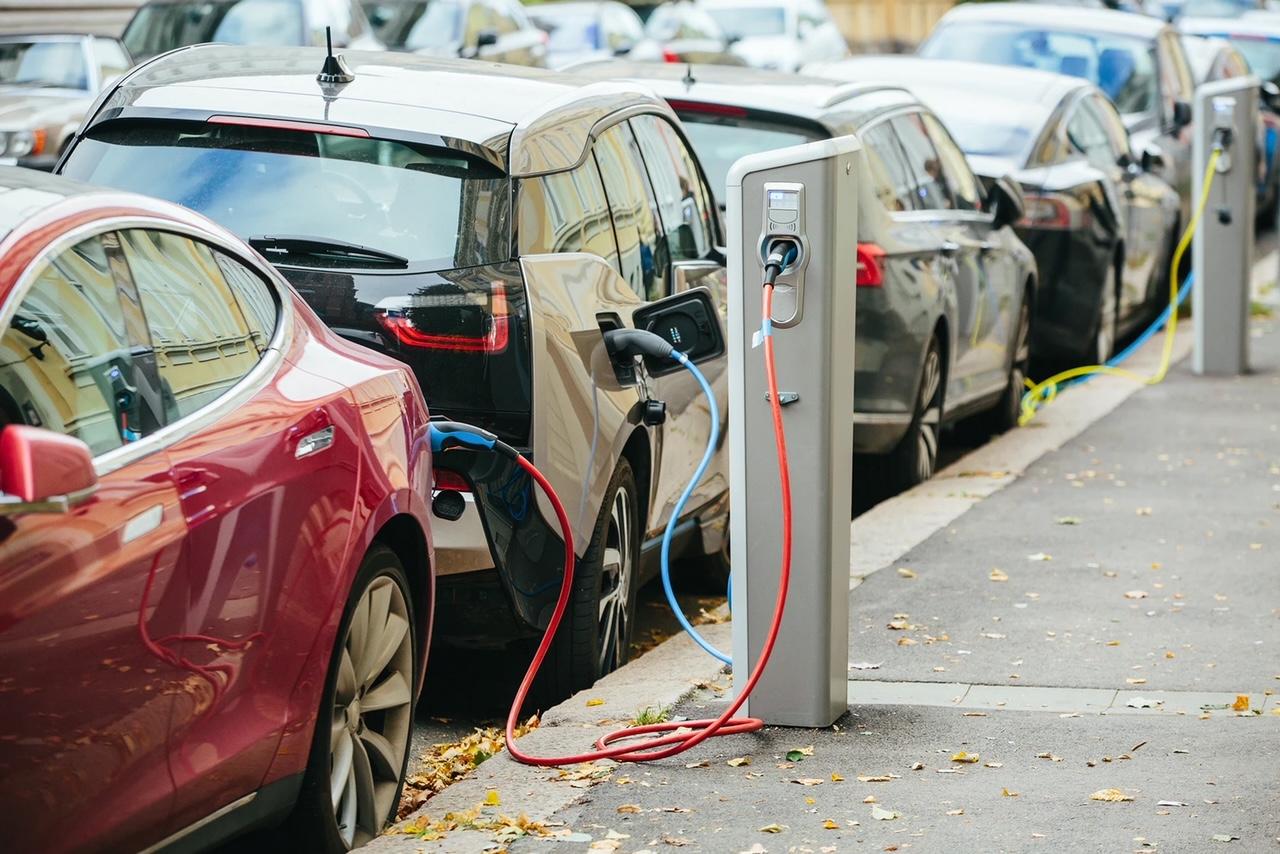

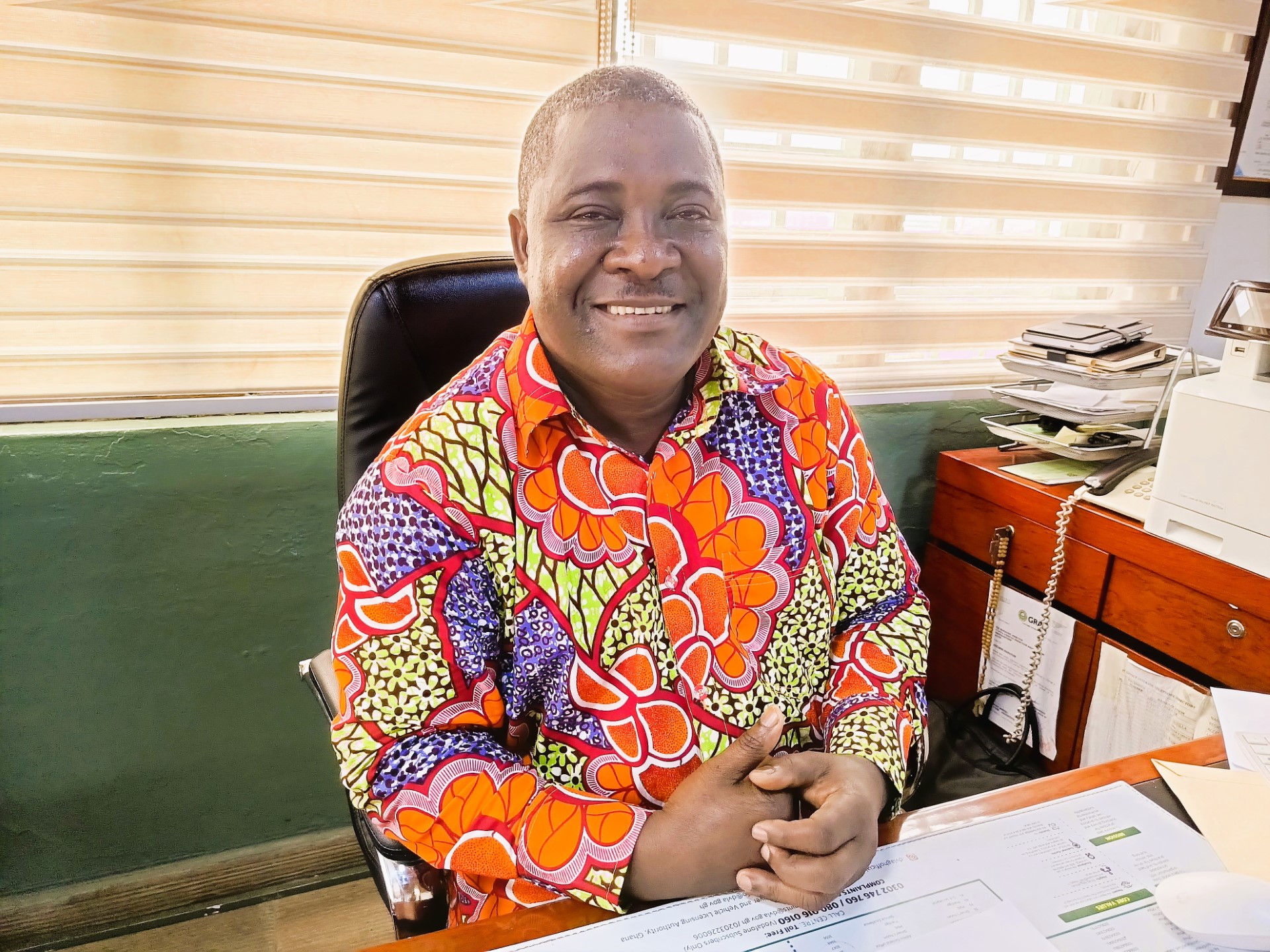
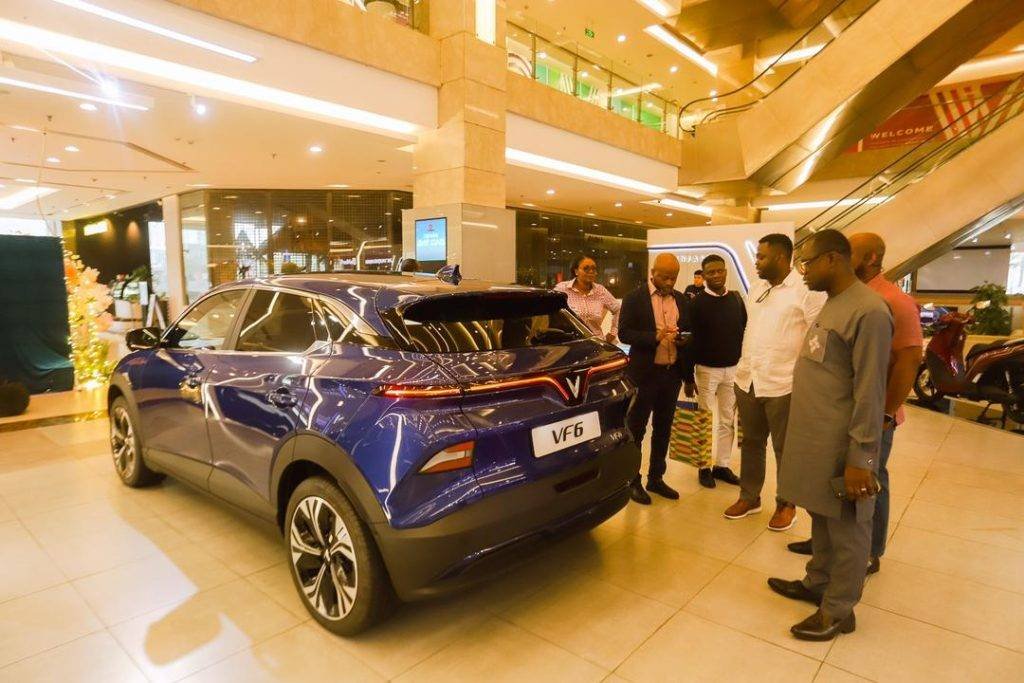

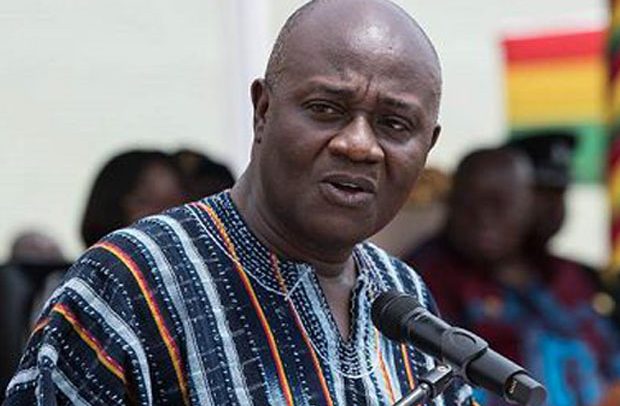











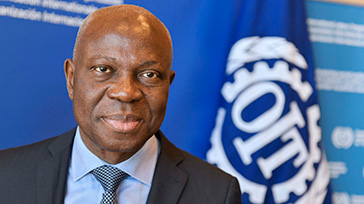










Facebook
Twitter
Pinterest
Instagram
Google+
YouTube
LinkedIn
RSS